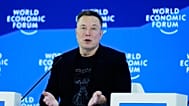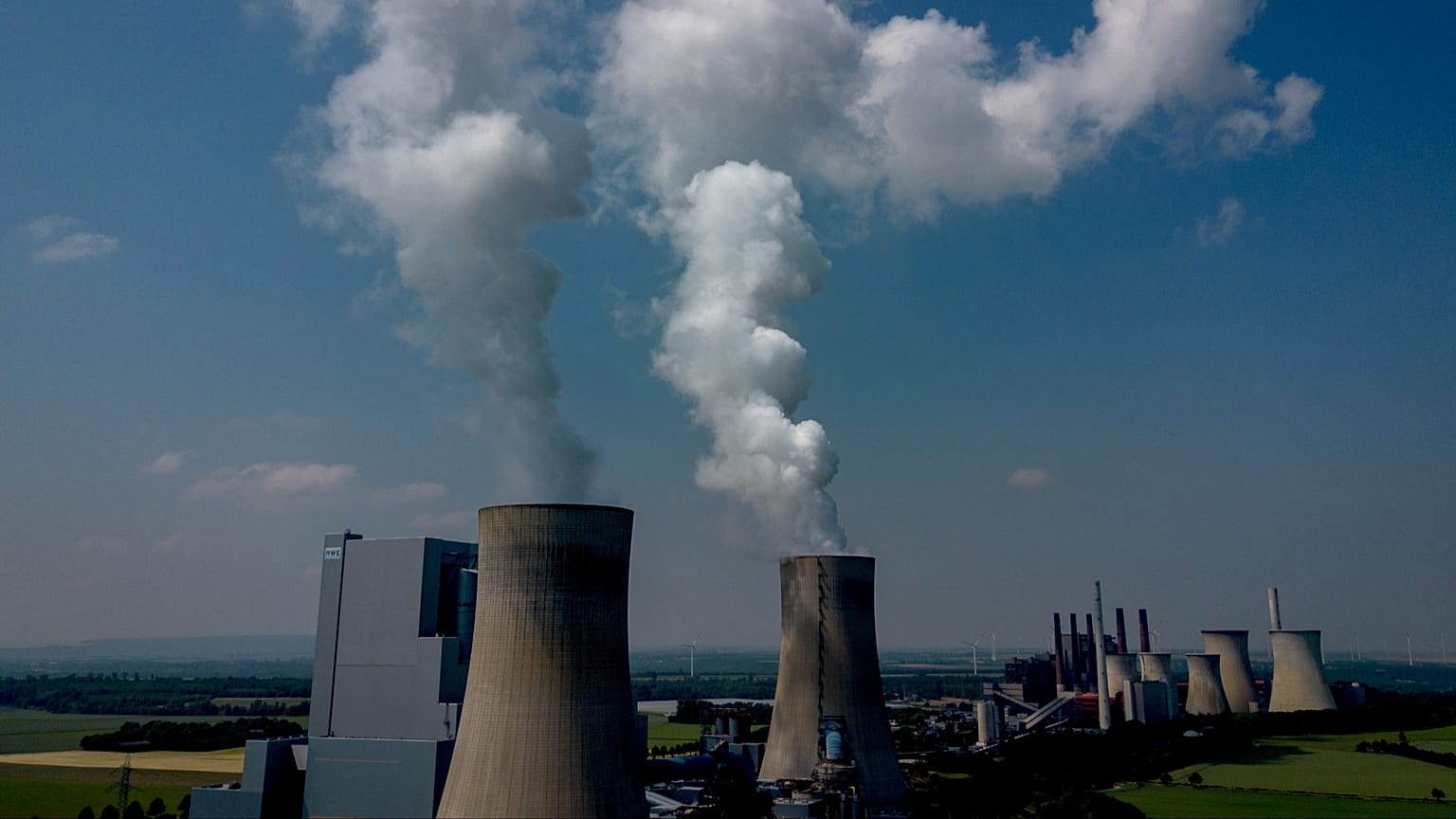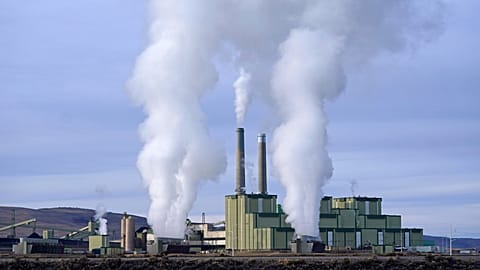A new UN report reviews the gap between countries’ climate commitments and global emissions targets.
Next week, countries’ representatives, nonprofit organisations, academics, and more will gather for COP30 in Belem, Brazil. At this annual meeting, stakeholders will discuss global efforts to tackle climate change.
Ahead of this, the UN Environment Programme (UNEP) has released its yearly UNEP Emissions Gap Report, which provides a review of the gap between predicted global emissions and countries’ current commitments.
This year’s report reveals that, under current pledges, the predicted global temperature rise over the course of this century has only slightly fallen. It says this leaves the world heading for a serious escalation of climate risks and damages.
This year’s report
TheParis Agreement has helped lower projected global greenhouse gas emissions, accelerated the adoption of renewable energy technologies, policies and catalysed net-zero emission pledges.
The report finds that only 60 Parties to the Paris Agreement, covering 63 per cent of greenhouse gas emissions, had submitted or announced new Nationally Determined Contributions containing mitigation targets for 2035 by 30 September 2025.
If parties fully implemented their NDCs, global temperatures would rise by between 2.3 and 2.5°C. Implementing only current policies would see global temperatures rise by 2.8°C.
Last year’s reportprojected a rise of between 2.6 and 2.8°C for fully implemented plans and 3.1°C under the then-current policies.
“That is progress – but nowhere near enough,” UN Secretary General António Guterres said in a video message. “Current commitments still point to climate breakdown.”
The authors note that this progress might be down to methodological updates. And once the US is officially withdrawn from the Paris Agreement in January, about 0.1°C of this progress will be “cancelled out,” meaning that the NDCs have “barely moved the needle.”
The size of the emissions cuts needed and the short time left to deliver them means that global temperatures will now exceed 1.5°C, very likely within the next decade, the report says. Aggressive action could delay this overshoot, but not avoid it entirely.
“Nations have had three attempts to deliver promises made under the Paris Agreement, and each time they have landed off target,” said Inger Andersen, Executive Director of UNEP.
“While national climate plans have delivered some progress, it is nowhere near fast enough, which is why we still need unprecedented emissions cuts in an increasingly tight window, with an increasingly challenging geopolitical backdrop.”
Andersen added that proven solutions exist from the rapid growth in cheap renewable energy to tackle methane emissions and countries now need to “go all in” on climate action.
What is Europe’s contribution?
The report looks at policies, data and trajectories for major countries and blocs, such as the European Union. The EU’s current target is to reduce net greenhouse emissions by at least 55 per cent from 1990 levelsby 2030, and reduce by 66-72 per cent from 1990 levels by 2035.
Currently, the six largest emitters of total greenhouse gas emissions are China, the United States of America, India, the European Union, the Russian Federation and Indonesia. Of these six, the EU was the only one to actually decrease emissions in 2024. Emissions decreased by 2.1 per cent.
According to the report, under current policies, in 2035, the G20 aggregate emissions policies are projected to drop by 2 gigatonnes of carbon dioxide equivalent compared with 2030 levels. The largest contributor to the reduction would be China, followed by the European Union.
The report also assesses how likely certain groups are to achieve their target emissions. The EU was categorised as “likely to meet the target with existing policies,” along with countries such as China, India, Turkiye, and Mexico.
‘Shocking and entirely predictable’
Clare Shakya, global managing director of Climate at the Nature Conservancy, called the report both “shocking and entirely predictable”. She highlighted the need to use next week’s conference to problem-solve even further.
“The opportunity coming at COP30 is brief but powerful,” she says. “Over the next two weeks, as the world’s attention turns to climate, we must seize this moment to demand faster, bolder action with nature at the very centre of our response.”
Jasper Inventor, deputy programme director at Greenpeace International, also emphasised the need to act quickly and strengthen climate commitments.
“Warnings of a 1.5°C overshoot must be a rallying call for action and yet 2035 climate action plans have failed to bridge the ambition gap,” he said in a statement.
“We’re still only inching forward on cutting our emissions despite the demands of people and communities around the world.”
The report also notes that 2024 was a record year for renewable electricity generation. Guterres says companies should take advantage of this momentum.
“Leaders must seize this moment and waste no time in: Tripling renewables and doubling energy efficiency by 2030; Building modern grids and large-scale storage; And ending all new coal, oil and gas expansion in a just and equitable manner,” he says.
The transition away from fossil fuels is moving too slow, Inventor said.
“It’s time for G20 countries, above all developed countries, to grab the wheel and really lead the transition, starting at COP30, where a global response plan to accelerate action must be agreed.”


















